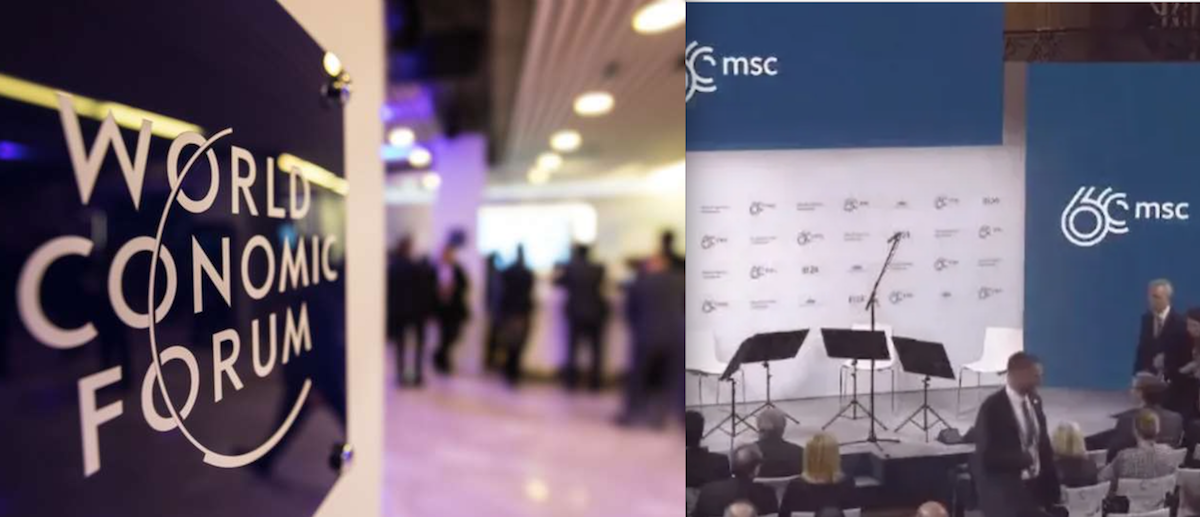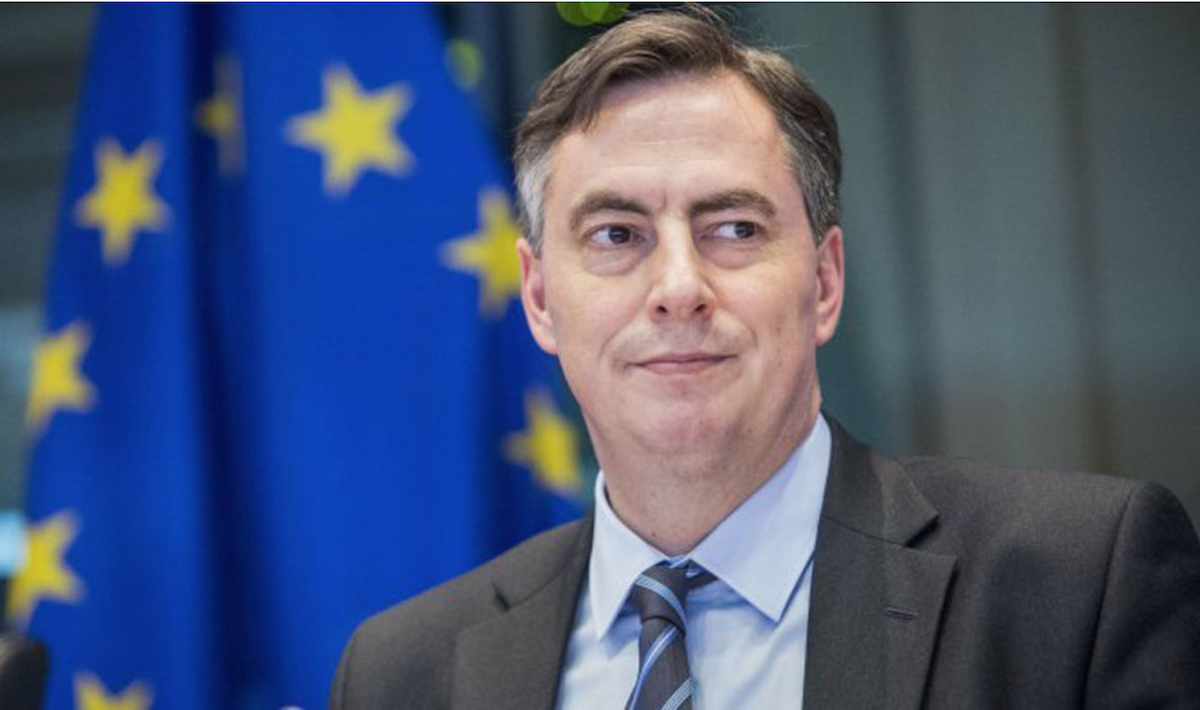Human Rights Watch report: 'Georgian government led country into human rights crisis in 2024'
HRW accuses Georgian Dream of political crisis
The international human rights organization Human Rights Watch (HRW) has released a report stating that in 2024, the Georgian government led the country into a human rights crisis.
HRW highlights that the Georgian authorities adopted new repressive laws and unleashed brutal police violence against peaceful citizens.
Hugh Williamson, HRW’s Director for Europe and Central Asia, said the government is steadily steering the country toward an era of repression that is “unfamiliar to Georgia” but all too “common” in authoritarian regimes.
“It is never too late for it to reverse course, drop repressive laws, allow freedom of assembly, stop violence against protesters, and hold police accountable,” said Hugh Williamson.
Key takeaways from HRW report
● The government abandoned Georgia’s EU accession process one month after the disputed October 26 parliamentary elections that kept the country’s ruling party in power, which local observers and Georgia’s president contended were marred by massive vote rigging. The decision was made in spite of Georgia’s Constitution, which enshrines full EU integration as a goal for the state, and the desire of some 80 percent of the population for EU membership, prompting weeks of nationwide protests.
● Law enforcement responded to pro-EU protests during 2024 with violent force, using tear gas, water cannons, rubber bullets, and various forms of physical violence. Riot police and informal violent groups associated with the authorities have beaten opposition and independent journalists and interfered with their work with impunity.
● In June, parliament adopted the “Law on Transparency of Foreign Influence,” a type of “foreign agent” law, that requires nongovernmental groups and media receiving 20 percent or more of their funding from abroad to register as “organizations serving the interests of a foreign power.” It imposes onerous, intrusive, and duplicative reporting requirements, allows the authorities to demand sensitive personal data from organizations and individuals, and provides crippling fines for noncompliance.
● From late April through June, unidentified assailants carried out violent attacks on over a dozen activists, in many cases resulting in injuries requiring hospitalization. Most attacks were committed by small groups of assailants in public places with witnesses and CCTV cameras nearby. Yet the police have not identified or arrested any suspects.
● In September, parliament adopted anti-lesbian, gay, bisexual, and transgender (LGBT) amendments imposing discriminatory restrictions on rights to education, health, freedom of expression, and peaceful assembly. The amendments also prohibit positive references to LGBT people in literature, film, and media, as well as in schools and at public gatherings.
● Georgia’s international partners should call for an independent investigation into the government’s violent clampdown on mainly peaceful anti-government protests and consider imposing targeted, individual sanctions against officials responsible for violent abuses against peaceful protesters.
HRW accuses Georgian Dream of political crisis




















